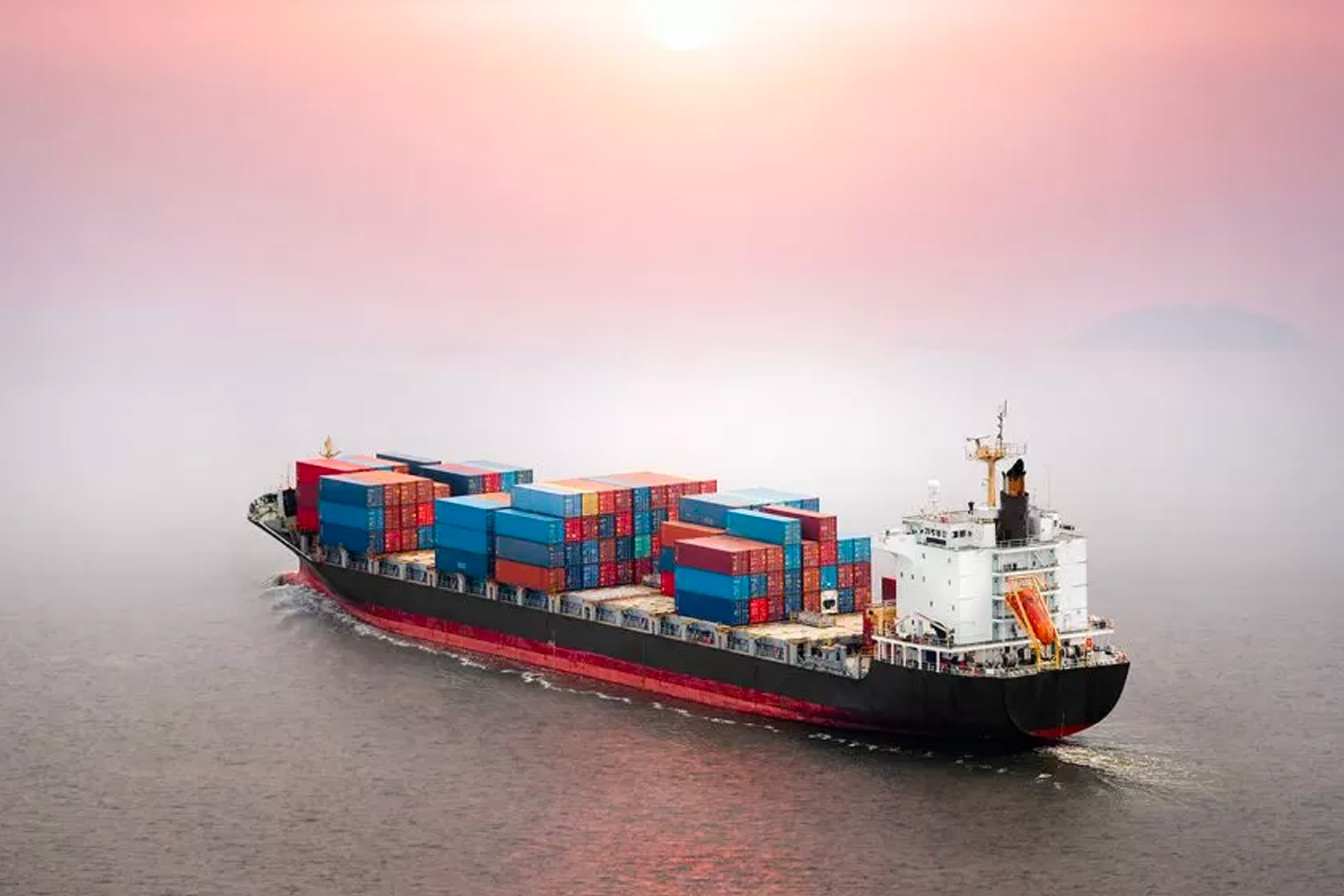We’ve spent a lot of time discussing future fuels on charge!, looking at the pros and cons of everything from LNG to synthetic e-fuels. We’ve not yet gone into detail on what decision makers in the maritime industry think, however, and Accelleron’s latest survey provides the ideal opportunity to dig deeper and understand where the industry is heading.
Accelleron’s survey on e-fuels in the shipping industry included 200 maritime executives and technical specialists from Europe, with respondents in Germany, the Netherlands, Belgium and Spain.
The organizations questioned include shipping companies, logistics companies in the shipping sector, shipping financiers, port operators and ship classification societies, providing a diverse spread of opinions that’s highly representative of the international shipping industry.
With companies in the shipping industry bound by IMO framework to reach net-zero GHG emissions from international shipping by or close to 2050, along with additional commitments such as ensuring an uptake of alternative zero and near-zero GHG fuels by 2030, it’s clear that the industry needs to find solutions for more sustainable shipping as quickly as possible.
Looking at the results
According to the survey, 60% of the shipping industry’s decision-makers consider retrofitting existing ships so they run on alternative fuels to be the best medium-term strategy when it comes to decarbonization, and more than nine out of the ten companies in the maritime industry believe that e-fuels play a substantial role and could make shipping more sustainable.
Despite the challenges of e-fuels, the potential to reduce greenhouse gas emissions in shipping using e-fuels is rated as very good to good by 93% of respondents.
Three quarters of those surveyed anticipate that the shipping industry will no longer be able to manage without e-fuels from 2045 at the latest, and over half of shipping companies and ship operators already see e-fuels as a potential alternative.
In fact, 47% of respondents already have concrete investment plans, and more than one in three shipping companies or ship operators are looking into retrofitting their ships to allow for the use of e-fuels.
That said, only one-third of Belgian companies see e-fuels as being available by 2030. The rate is higher in the other countries, but long-term availability is where most see e-fuels as really starting to flourish, with between 90% and 98% of all companies seeing e-fuels as available by 2050.
Helping to drive decarbonization
“Accelleron’s goal is to drive decarbonization in the maritime and energy sectors – and we are on the right track,” Daniel Bischofberger, Accelleron CEO, explains.
“Our survey highlights the great potential of e-fuels for the future of shipping, but we are only at the beginning. The cross-sector focus in the industry and among legislators must now quickly shift to building the right infrastructure for better availability and the right government incentives to achieve long-term cost parity between fossil fuels and e-fuels.”
Although the outlook looks positive for e-fuels according to the survey, there are plenty of other challenges to adopting e-fuels, ranging from the technical difficulties of producing green hydrogen at scale, to the need to avoid creating other greenhouse gases (GHG) such as carbon dioxide, methane and laughing gas as a byproduct of any alternative fuels.
Cost will also prove a challenge, and Daniel tells Riviera that renewable e-fuels will probably always have inherently higher costs than convenient fossil fuels.
“But the environmental costs of continued reliance on high-carbon fuels are immeasurable,” says Daniel. “Policymakers must strike a prudent balance between economic and ecological burdens by phasing in realistic frameworks. Without practical transition pathways, unrealistic targets could jeopardise orderly progress.”
The survey’s respondents highlighted numerus other concerns, and we’ll be delving into these more deeply in our follow-up article coming soon.
Want to know more? Check out the survey in full














